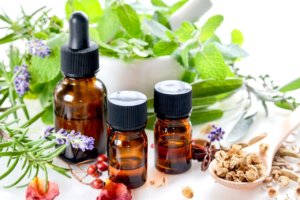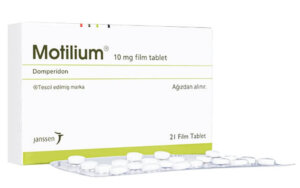
But is natural medicine completely flawless? Do medicines that are derived from herbs pose risks too?
Herbal treatments have been a key part of the medical practices both Africa and many parts of Asia for thousands of years and are often the only, or majority, form of treatment available. We also know that many prescription medicines come from herbal sources, so it is undeniable that traditional medicine certainly has its benefits.
Does natural equal safe?
Not necessarily. Just because something grows in the ground doesn’t make it safe. Natural remedies can be harmful too, if not done correctly or in people with certain medical conditions or interactions. The belief that the side effects of conventional medicine are a result of the chemicals going against what the body needs is incorrect. If herbs are used for medicinal purposes, they are as much drugs as a pharmaceutical product, since a drug is considered a combination of chemicals that has biological activity within the body. Herbs also contain chemicals which alter biological activity.
There are many examples of herbs that are toxic and dangerous to the human body, so natural certainly doesn’t equate to being safe. Knowledge is key, however, and with the correct understanding it is possible to find the right balance. (annalee.com) Since very little research has been conducted on herbal medicine, it is hard to say which remedies are ultimately safe, whereas pharmaceutical products are based on scientific study and trials.
Interactions between natural medicine and conventional medicine
Traditional African medicines are passed on from generation to generation and instructions are often vague. This can have severe consequences leading to self-medicating and overdose. Simple household medicines such as the use of aloe vera, Echinacea and green tea have been associated with adverse health effects due to misuse.
What is more worrying is the fact that many herbal treatments interfere greatly with prescription medication. For example- a natural remedy for depression is St. John’s Wort. What many don’t know is that it can remove the effectiveness of certain medications such as oral contraception. This puts many women at risk for unwanted pregnancies. The fact that it can remove the effectiveness of a drug means that higher doses will be administered by the patient or prescribing doctor to patients, leading to toxicity. So while an herb might be safe when used on its own, it might not necessarily be safe when on prescription medication.
Clearly, more research and study needs to be conducted on herbal medicine and its interaction with conventional medicine. With limited information, it is very hard for practitioners to make recommendations to patients.
Taking herbal supplements without guidance is risky, and it is important to consult your physician before doing so to make sure it doesn’t interact with other medication. Some believe that the association between the pharmaceutical industry and medical profession is close, and so it is natural for them to be offering pharmaceutical products as a form of treatment. But until natural alternatives are investigated further, it remains a risky form of treatment and the debate will continue.
















